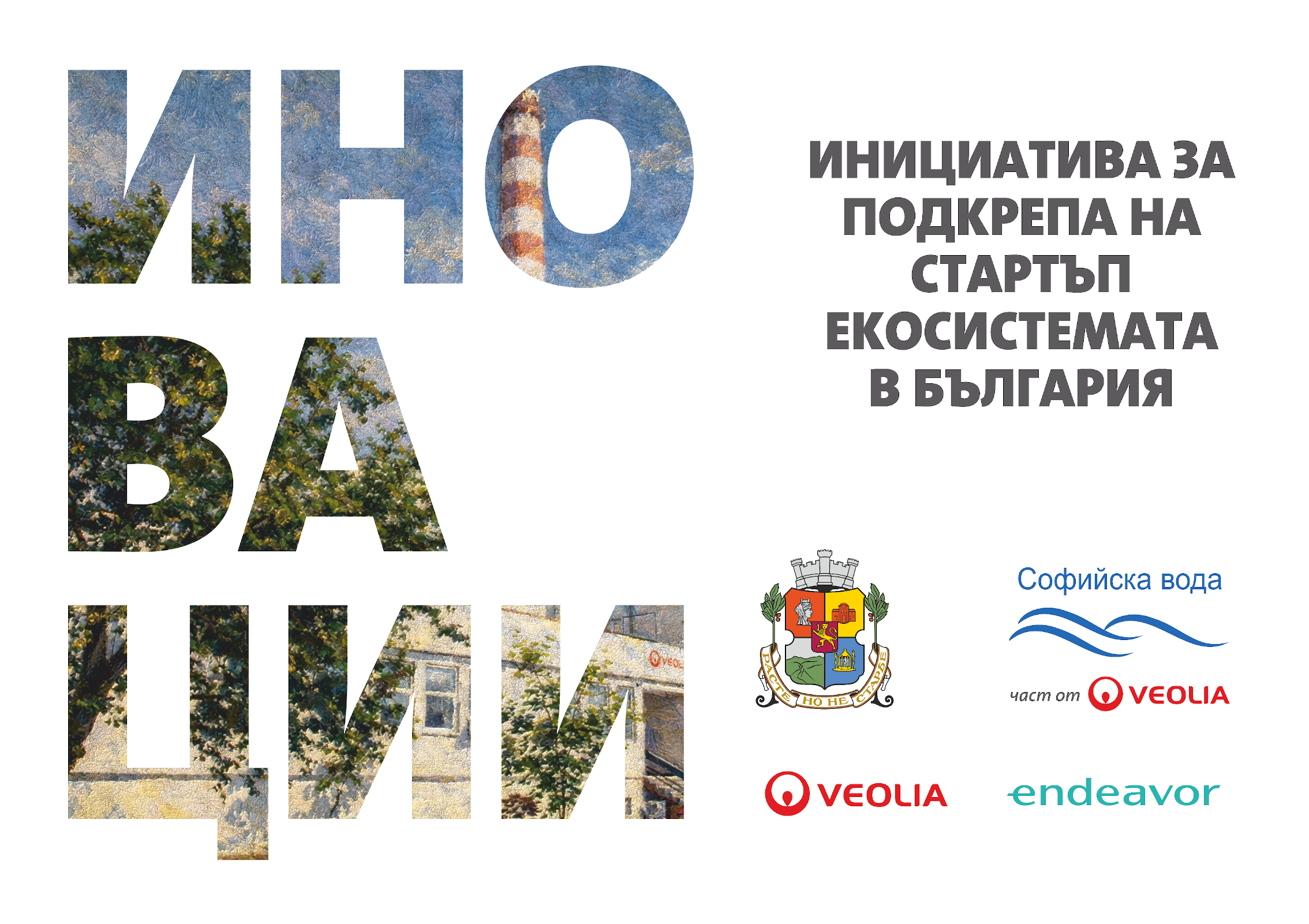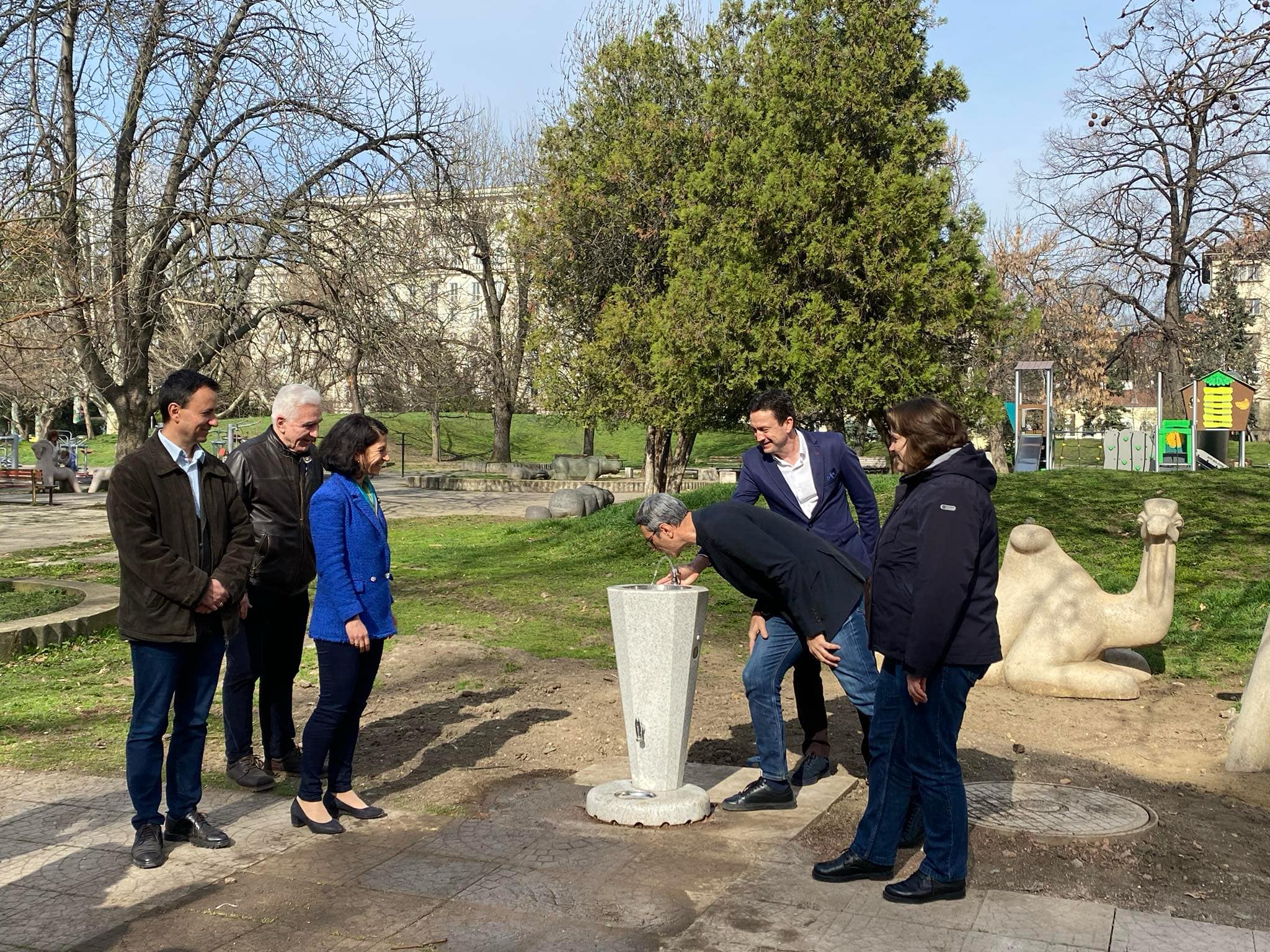EU COMMISSIONER WOPKE HOEKSTRA VISITED SOFIA’S WASTEWATER TREATMENT PLANT
The only energy self-sufficient wastewater treatment plant in Bulgaria and the region was part of the working visit of the Commissioner for Climate, Net Zero and Clean Growth
Wopke Hoekstra, EU Commissioner for Climate, Net Zero and Clean Growth, accompanied by Yordanka Chobanova, Head of the European Commission's Representation in Bulgaria, visited the wastewater treatment plant near Kubratovo as part of his working visit to Bulgaria. Via modern facilities, the plant treating the capital’s wastewater generates green energy that fully covers the energy needs of the plant and is a model of circular economy.
Hosts of the visit were Francois Debergh, Country Director of Veolia for Bulgaria and Greece, Vasil Trenev, Executive Director of Sofiyska Voda, part of Veolia, and Veselin Dimitrov, Technical Director of Sofiyska Voda. They acquainted Commissioner Hoekstra and his team with the operation of the plant, how it generates its heat and electricity, and how that guarantees the energy independence of the facility. As green energy is already generated at the WWTP exceeding the plant’s needs, they also shared the company’s ambition to achieve within two years energy neutrality of the entire water cycle of the capital thanks to the recently commenced project for the installation of PV panels.
“One of Veolia’s main principles when evaluating each of its projects is the investment in activities and projects creating the best value, by accounting for the economic, commercial, societal, public and environmental aspects. Obviously, each successfully rolled out solution of Veolia with already proven results can after that be replicated in other cities and countries, where applicable. Thus, our company accelerates its growth and contributes to the achievement of the global Sustainable Development Goals and the ecological transformation,” stated Francois Debergh in response to a question of Commissioner Hoekstra about the real financial and social effect of Kubratovo SWWTP. He also mentioned that the green energy strategy implemented at Sofiyska Voda has enabled the enhancing of the security and the financial sustainability of the activities, whilst contributing to a better environment for the citizens of Sofia.
Vasil Trenev, Executive Director of Sofiyska Voda, added that another important part of developing such essential projects for the city was also the great opportunity to deploy the potential of the company’s human resources and the implementation of more technologies.
More about the treatment plant
The capital’s wastewater goes through several stages of treatment before being returned to nature. In the course of this treatment, a large volume of sludge is separated, which undergoes digestion where biogas is released. Through cogeneration, from the biogas, heat and electricity are produced that power the entire plant. Sofiyska Voda, part of Veolia, is now operating two more facilities, which will further boost the green energy production, whilst improving the wastewater treatment process – an Anammox installation and a thermal hydrolysis facility. The two projects are funded under the OP Environment for the water cycle in Sofia. The final step towards achieving energy neutrality of the entire water cycle of Sofia will be an additional investment made by Sofiyska Voda, part of Veolia, in the installation of PV panels at the sites of the potable water and wastewater treatment plants.
 Софийска вода
Софийска вода



